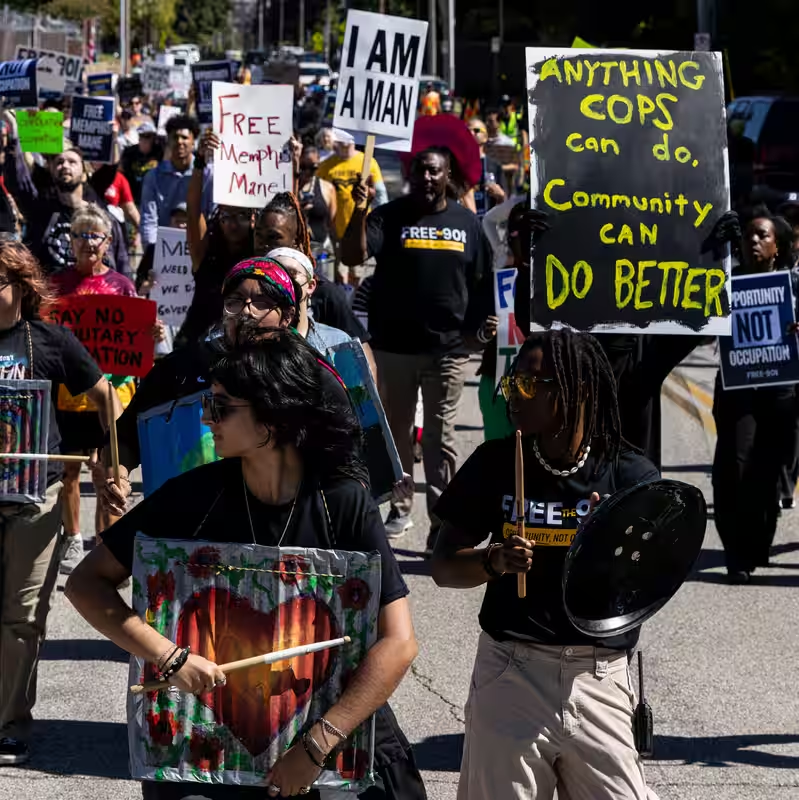Table of Contents
- Why the National Guard Is Deploying to Memphis
- Timeline: From Local Crime Spike to Federal Response
- What Will the National Guard Actually Do?
- Mixed Reactions from Memphis Residents
- How This Compares to Past Deployments
- What Happens Next?
- Sources
Why the National Guard Is Deploying to Memphis
In a dramatic escalation of public safety efforts, the city of Memphis announced that National Guard patrols will begin on Friday, October 11, 2025. The move comes amid a sharp rise in violent crime and as part of a broader federal initiative that has already flooded the city with U.S. Marshals, ATF agents, and other federal law enforcement personnel.
Mayor Paul Young’s office stated the deployment is a “temporary, targeted response” aimed at stabilizing high-crime neighborhoods and supporting overwhelmed local police. “This is not martial law,” a city spokesperson emphasized. “It’s a coordinated surge to restore peace and protect our most vulnerable communities.”
Timeline: From Local Crime Spike to Federal Response
The decision follows months of escalating tensions:
- June 2025: Memphis records its 100th homicide by mid-year—its fastest pace in over a decade.
- August 2025: A series of mass shootings near public housing complexes draws national attention.
- September 2025: The U.S. Department of Justice announces a “Project Safe Neighborhoods” surge, sending dozens of federal agents to the city.
- October 9, 2025: Tennessee Governor Bill Lee authorizes activation of up to 300 National Guard troops for “community support operations.”
What Will the National Guard Actually Do?
Despite the military title, the National Guard Memphis deployment will be limited in scope due to legal restrictions under the Posse Comitatus Act, which bars federal troops from direct law enforcement. Instead, Guard members will:
- Conduct visible foot and vehicle patrols in designated zones
- Assist with traffic control and perimeter security
- Support logistics for joint task forces
- Provide aerial surveillance using unarmed drones
Importantly, they will not make arrests, carry out searches, or engage in direct policing—roles reserved for sworn law enforcement officers.
Mixed Reactions from Memphis Residents
At a community meeting in South Memphis, opinions were split. “If it stops my nephew from getting shot, I’m for it,” said Tanya Reeves, 42. But others expressed concern: “I remember Katrina. I remember Ferguson. Soldiers in our streets don’t feel like safety—they feel like occupation,” said DeShawn Miller, a local pastor.
Civil rights groups, including the ACLU of Tennessee, have called for strict oversight and transparency, warning that militarized responses can erode trust without reducing crime long-term.
How This Compares to Past Deployments
| Event | Year | National Guard Role | Outcome |
|---|---|---|---|
| Los Angeles Riots | 1992 | Restored order after Rodney King verdict | Curfew enforced; violence subsided in 5 days |
| Ferguson Protests | 2014 | Missouri Guard supported police | Criticism over militarized appearance |
| Minneapolis Unrest | 2020 | Protected infrastructure during George Floyd protests | Reduced looting but raised civil liberty concerns |
What Happens Next?
The National Guard Memphis patrols are scheduled to last at least 30 days, with a review after two weeks. City officials say success will be measured by reductions in shootings, 911 response times, and community feedback—not just arrest numbers.
Meanwhile, federal partners have pledged $15 million in new funding for youth outreach, mental health crisis teams, and violence interruption programs—suggesting this surge is meant to be a bridge to longer-term solutions.




